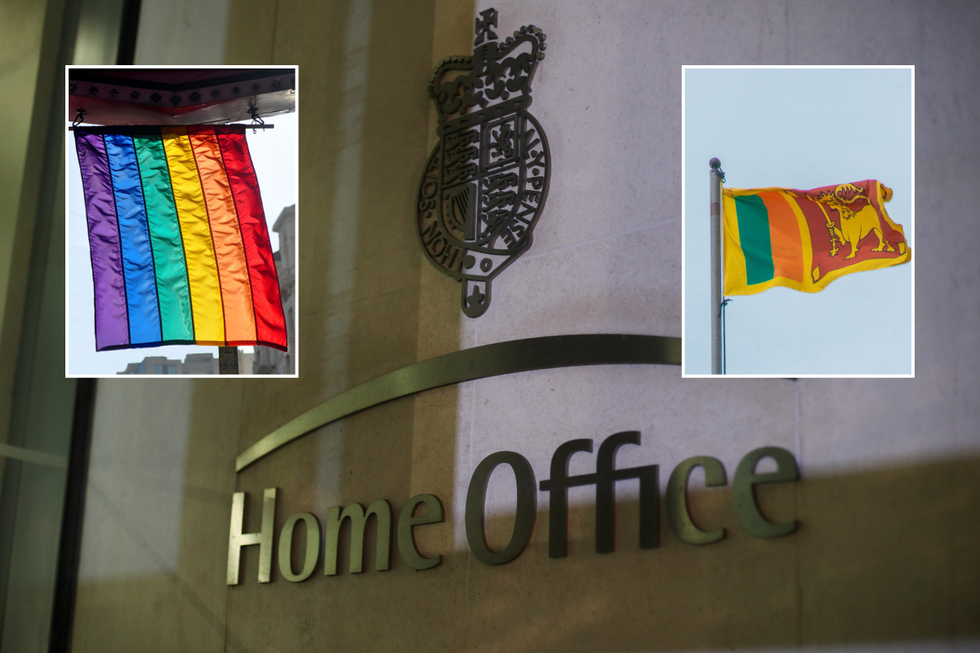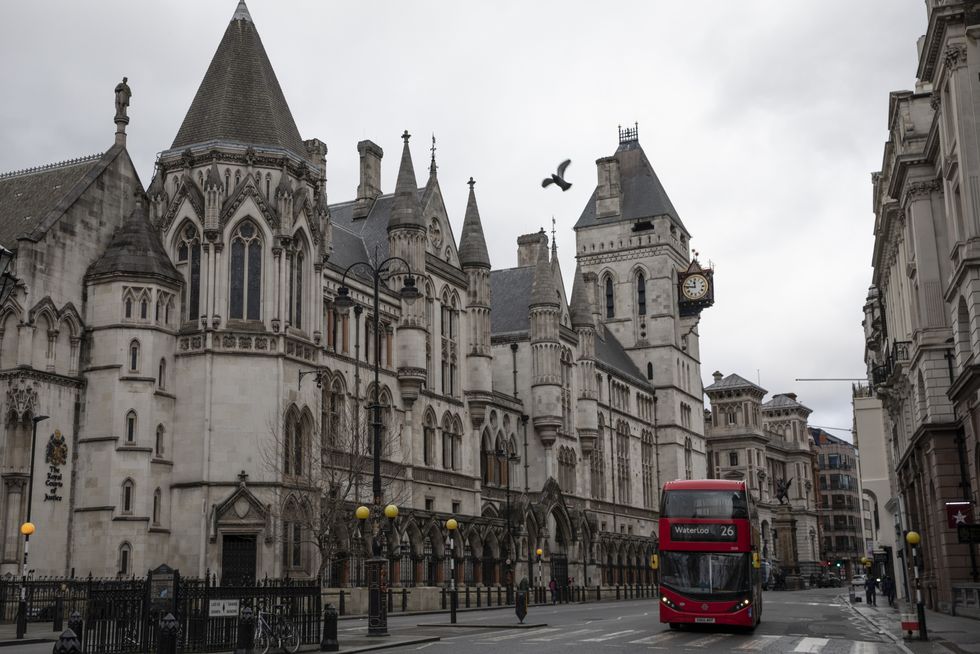Sri Lankan paedophile allowed to stay in Britain because he is gay and at risk of persecution back home
WATCH: Yvette Cooper tells the House of Commons: "Race is never an excuse not to punish sex offenders"
The anonymous Sri Lankan has fought a 12-year legal battle to remain in the UK by citing the ECHR
Don't Miss
Most Read
Trending on GB News
A convicted paedophile from Sri Lanka has been allowed to remain in Britain because was returned to his home country he would be persecuted because he is gay.
The man, who was jailed in 2012 for four years for molesting three young teenage boys, has been waging a 12-year legal battle against the Home Office and their attempts to deport him.
His legal team is arguing his deportation would be a breach of his article three rights under the European Convention on Human Rights (ECHR), reports The Telegraph.
The clause has previously been used as an argument against deportation due to its protection against "torture, inhuman treatment and degrading punishment."

The man has claimed he would face persecution in Sri Lanka due to his sexuality
Getty/PA
The 50-year-old, who cannot be named, was described as a “danger to the community” when he was jailed in 2012.
However, he sought asylum from prison by claiming his life would be at risk if he were to return to Sri Lanka because of his sexuality.
The Sri Lankan, who is of Tamil ethnicity and was born in Jaffna, first arrived in the UK in 2008 on a student visa to study a three-year degree in Fashion Design and Marketing at London Reading College.
In 2011, the man was arrested for abusing three boys, aged 13 to 15, and a year later he was convicted of five counts of sexual activity with a child and one attempted rape.
When he was jailed, the man, named only as PG, was told by the court he faced deportation once he had completed his sentence.
LATEST ASYLUM SEEKER NEWS
- Dorset news: Asylum seeker who sexually assaulted teenager cannot be jailed as it would breach his human rights
- Nigel Farage lambasts ‘total abuse of our generosity’ as bearded asylum seeker declared ‘child’ by judges
- Sudanese asylum seeker declared a 'child' by UK judges despite being at least 23 with 'receding hairline' and 'thick facial hair'

He's launched a 12-year legal campaign
GETTYIn June 2012, while David Cameron was Prime Minister of the Conservative and Liberal Democrat coalition government, a “decision was made not to pursue PG’s deportation at that time."
A year later he was told "in line with Home Office policy" he had been given "discretion in his favour" and was granted limited leave to remain. PG was told hat it was "because it is accepted that as a homosexual man it would be unreasonable to expect you to live discreetly in Sri Lanka to avoid inhuman or degrading treatment."
In 2017, the Home Office told PG that he was to be deported after a change in its asylum guidance on the reduced risks for gay people in Sri Lanka but that he could appeal against the decision.
In the years that have followed, there has been at least four appeals at British courts, with judges reaching different conclusions as to whether it is lawful to deport him.
Lord Justice Baker said the 2023 judge, Upper Tribunal Judge Perkins, had not provided "any reasoned analysis" as to why PG could not return to Sri Lanka.
The judge said: "I consider that there was insufficient analysis of the evidence to enable the judge to be in a position to be able to determine whether there were sufficiently strong grounds for not following the guidance.
"Moreover, I consider that insufficient reasons were provided as to whether PG, as a gay man, would face persecution on return to Sri Lanka either as a result of the treatment of gay men in that country per se, or in combination with his personal circumstances."
A new hearing will take place in the future at the Upper Tribunal.








